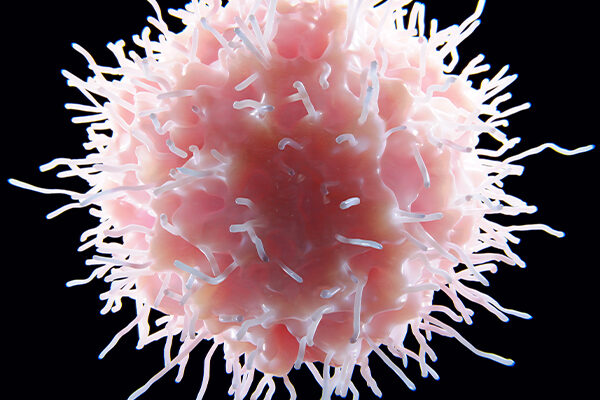
Biotechnology, Pharmaceuticals, Cancer
An immunotherapy platform capable of enhancing the anti-tumour efficacy of invariant natural killer T cells (iNKT). Find out more
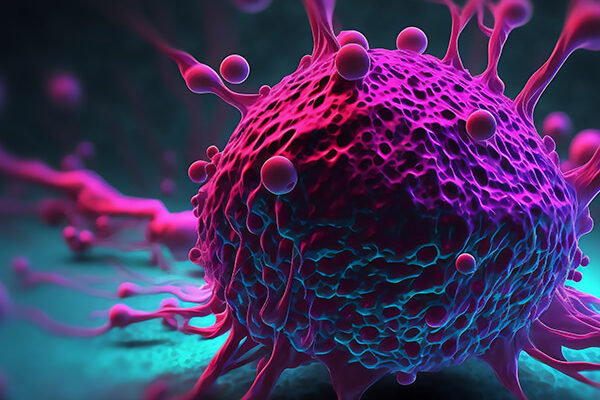
Biotechnology, Medical research, Therapeutics
anti-TCRVbeta Chimeric Antigen Receptors which can target pathological T cells in a highly selective manner, leaving >90% of the patient's T cells and T cell-dependent immunity intact. Find out more
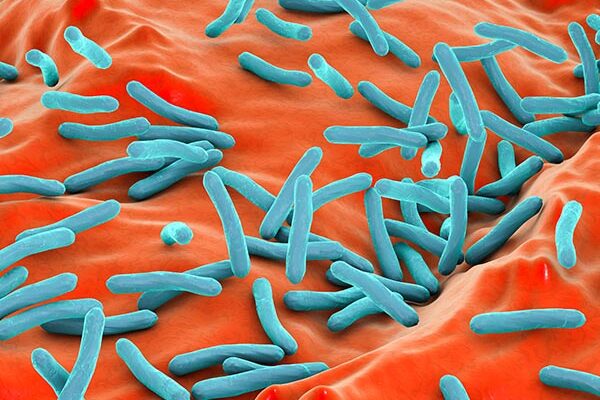
Medical Diagnostics, Medical Diagnostics, Medical research
A gene expression signature capable of simultaneous diagnosis of multiple diseases in children. The technology can detect 18 different infectious and inflammatory diseases in children that present with similar symptoms. Find out more
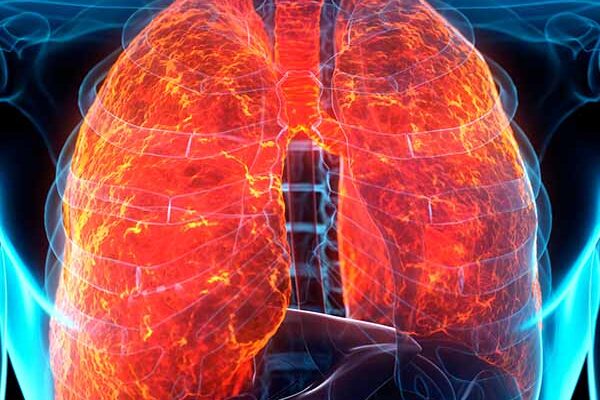
Therapeutics, Pharmaceuticals, Therapeutics
Itaconate and itaconate analogues capable of inhibiting succinate dehydrogenase can be used to treat or prevent tissue fibrosis. Find out more
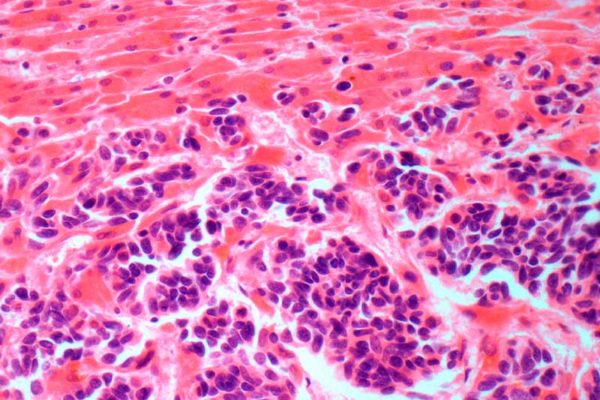
Pharmaceuticals, Therapeutics
HKMTi-1-005 is a dual G9A/EZH2 histone methyltransferase which reactivates epigenetically repressed genes and inhibits tumour cell growth. Find out more
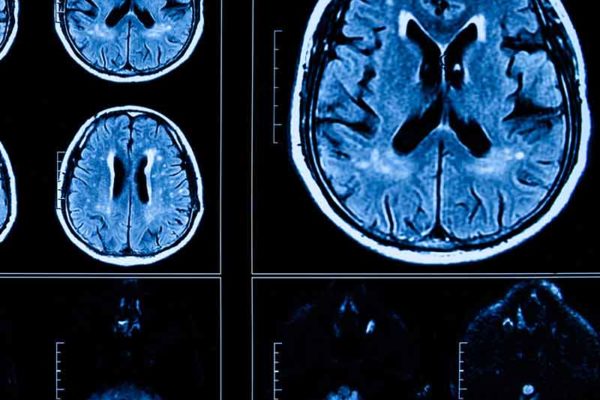
Healthcare, Medical Imaging, Medical Imaging Systems
A tool for predicting Alzheimer’s Disease with greater accuracy than conventional methods. Find out more
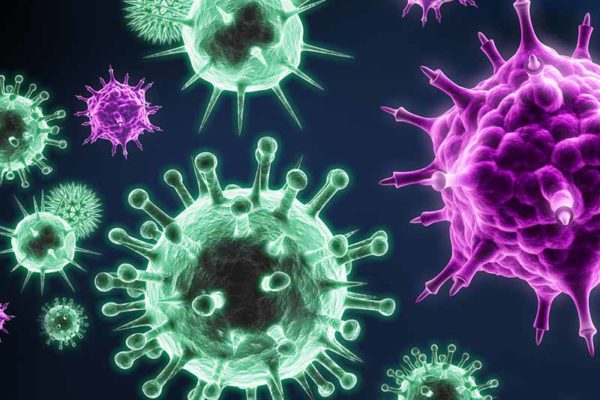
Healthcare, Medical Diagnostics
A simple, whole blood 2-gene expression signature that distinguishes bacterial infection from both viral infection and childhood inflammatory diseases. Find out more
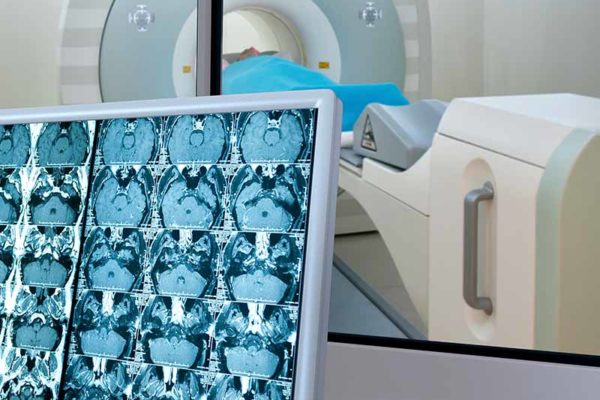
Biotechnology, Therapeutics
18F-FET-βAG-TOCA is a novel, ‘click’ 18F-labelled octreotate PET imaging radiopharmaceutical that detects tumour lesions in patients with neuroendocrine tumours (NETs). Find out more








